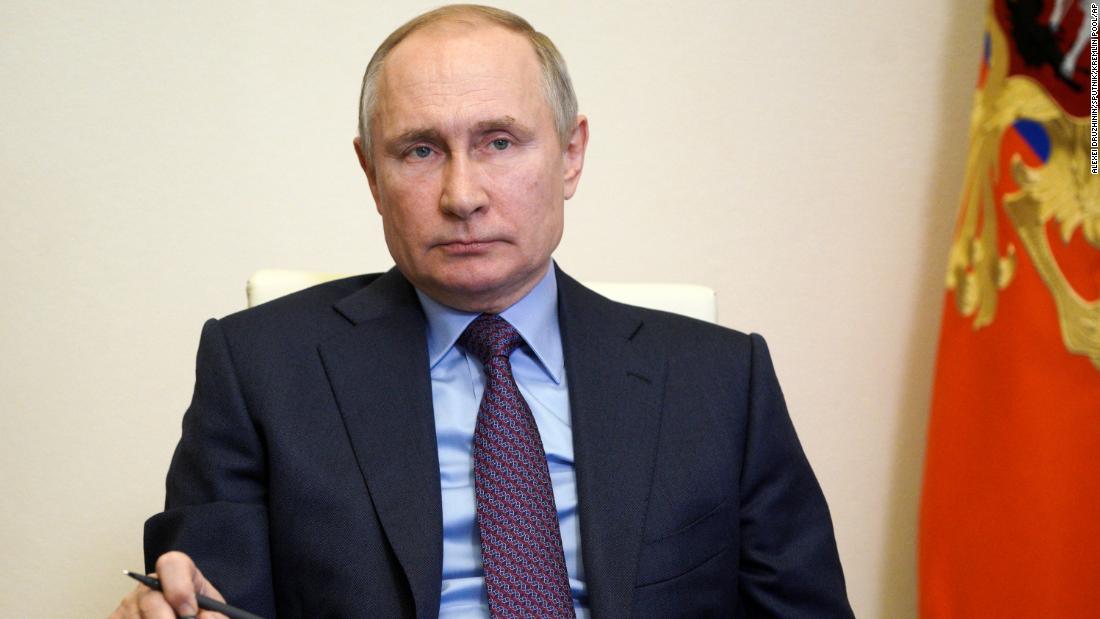Kremlin spokesman Dmitry Peskov told CNN: “Putin has been vaccinated against the coronavirus. (He) feels good. Tomorrow he will have a full day at work.”
Earlier on Tuesday, Peskov said the reason for the vaccination not being registered was because Putin “does not like” being vaccinated on camera, before adding: “you will have to take our word for it”.
“As for vaccination on camera, he never supported [of it], he doesn’t like it, “said Peskov.
The Kremlin spokesman also said the type of vaccine used would not be revealed, but said it would be one of three Russian vaccines approved: Sputnik V, EpiVacCorona or CoviVac.
“We deliberately don’t say what kind of vaccine the president is going to get, while we note that all three Russian vaccines are absolutely reliable and effective,” said Peskov.
On Tuesday, social media sites were full of mockery that the Russian leader may not have the vaccine, with mockery about the strong Kremlin man being afraid of needles, or even anxious to hide a new tattoo.
Behind the joke, however, there is an exasperation among some officials that Russia’s most prominent figure – and the one many Russians seek guidance from – first seemed reluctant to receive an injection, despite qualifying for vaccination since the end from December.
Now, it appears that Putin may have missed a golden opportunity to encourage hesitant Russians to get vaccinated.
A recent opinion poll from the Levada Center – an independent, non-governmental research and sociological research organization – suggests that only about 30% of the country’s population is in favor of vaccination.
These high rates of hesitation about vaccination have been associated with historical distrust on the part of the Russians at their medical establishment.
There is also great suspicion in the country about the effectiveness of its three home-made vaccines, one of which – Sputnik V – was developed at breakneck speed.
In August, Sputnik V became the first approved vaccine against Covid-19 anywhere in the world.
Still, the number of Russians inoculated so far remains incredibly low: less than 7 million have received at least one injection in a population close to 146 million, according to the latest official data.
At least nine Latin American countries have so far approved the use of the Sputnik V vaccine – Argentina, Bolivia, Guatemala, Guyana, Honduras, Mexico, Nicaragua, Paraguay and Venezuela – and vaccine distribution has also started in Argentina, Bolivia, Mexico, Nicaragua , Paraguay and Venezuela.
Globally, the vaccine has been approved in at least 56 countries, including countries in the European Union, such as Hungary and Slovakia, according to the Russian Direct Investment Fund (RDIF), which financed the production of the vaccine and is responsible for selling it globally. .
